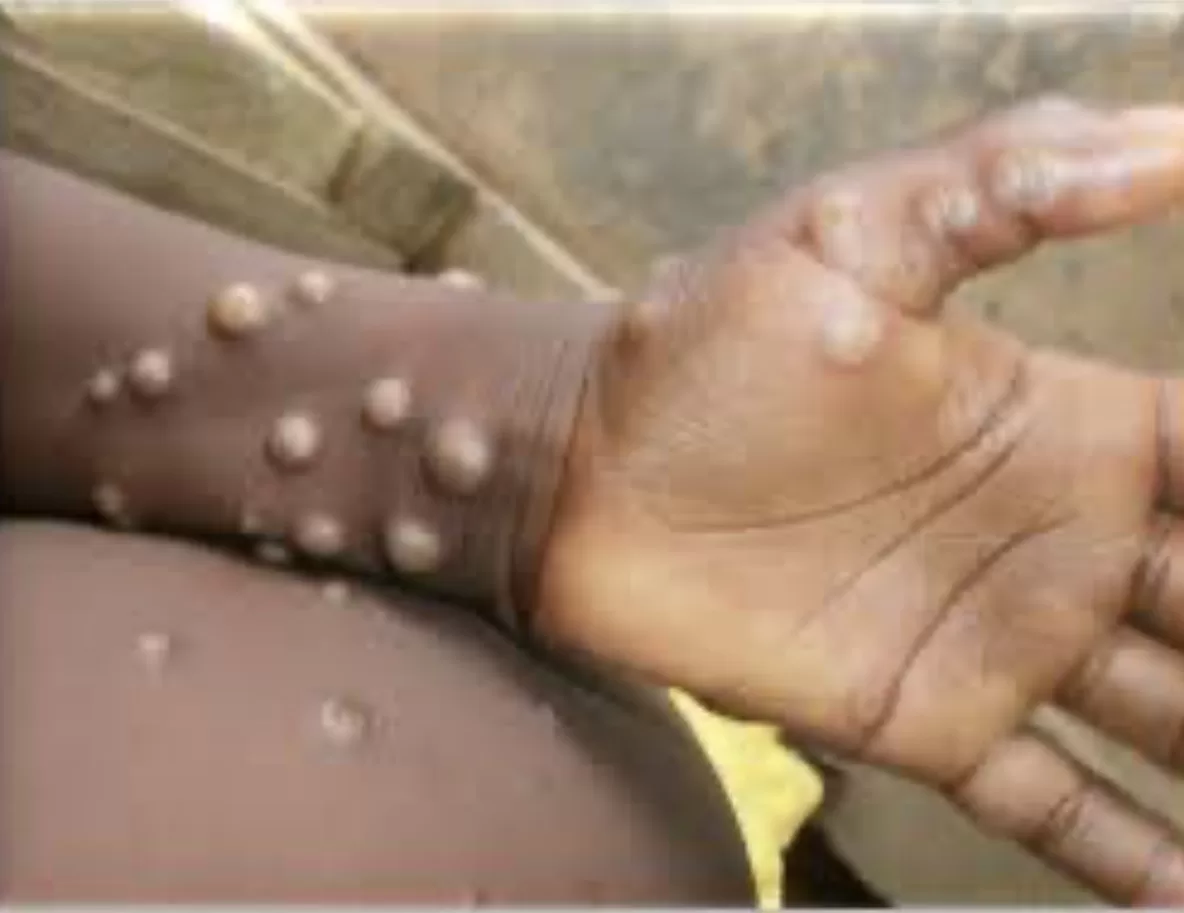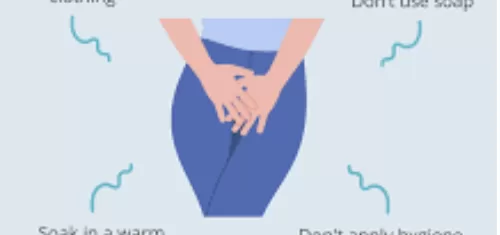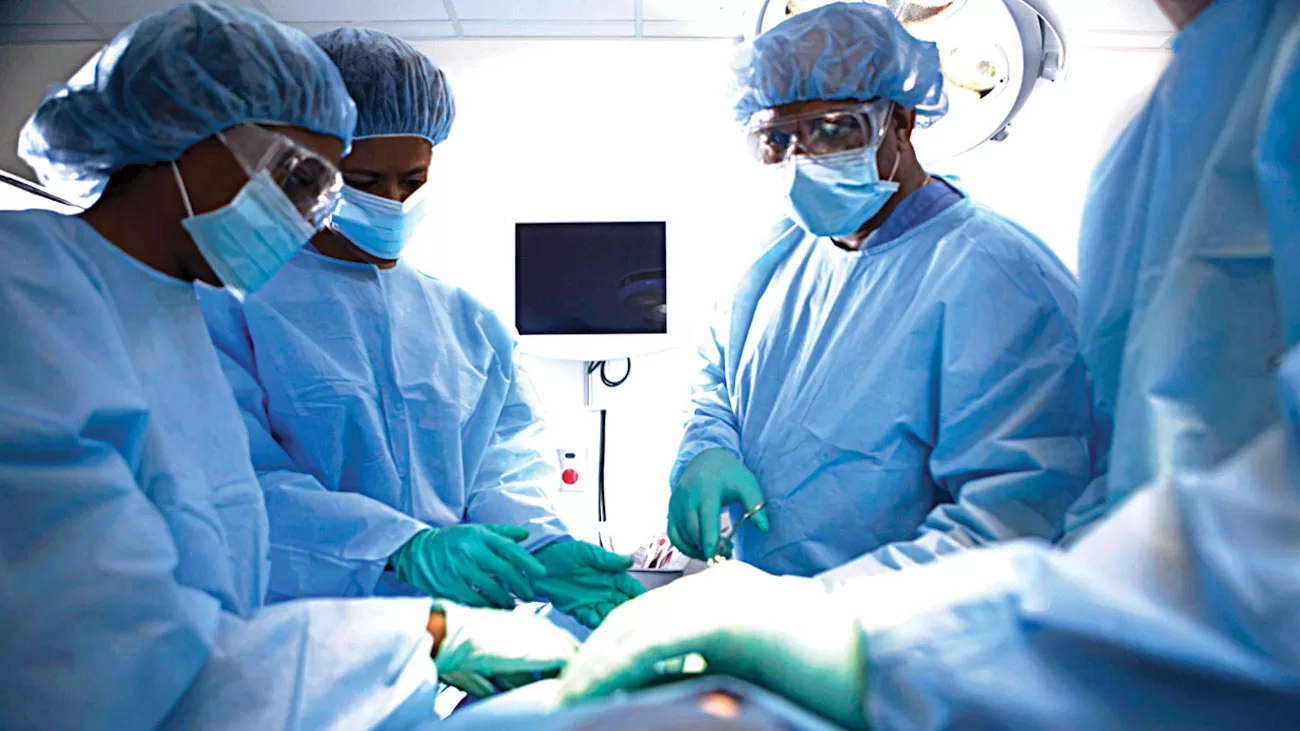The UK Health Security Agency has confirmed two new cases of Clade Ib mpox, raising the total number of infections in the UK to three.
The newly identified cases have been linked to household contacts of the initial patient, highlighting the virus’s capability for rapid spread in close-contact settings.
The two patients are receiving specialised care at Guy’s and St Thomas’ NHS Foundation Trust in London, as detailed in a UKHSA release on Tuesday.
Despite these recent cases, UK health officials maintain that the general public’s risk remains low.
UKHSA’s Chief Medical Adviser, Prof. Susan Hopkins, explained, “Mpox is very infectious in households with close contact, and so it is not unexpected to see further cases within the same household. The overall risk to the UK population remains low.”
The UKHSA is implementing thorough contact tracing for all known cases, with close contacts being tested, vaccinated, and advised on necessary precautions if symptoms emerge.
“We are working with partners to make sure all contacts of the cases are identified and contacted to reduce the risk of further spread,” Hopkins added.
Health and Social Care Secretary, Wes Streeting commended the healthcare response: “I am extremely grateful to the healthcare professionals who are carrying out incredible work to support and care for the patients affected.
The overall risk to the UK population currently remains low, and the government is working alongside UKHSA and the NHS to protect the public and prevent transmission.”
Streeting also assured the public that the government is securing additional vaccines and preparing healthcare providers with necessary resources.
NHS National Director for Vaccination and Screening, Steve Russell, reinforced the health service’s preparedness: “The NHS is fully prepared to respond to the first confirmed case of this clade of mpox. Since mpox first became present in England, local services have pulled out all the stops to vaccinate those eligible, with tens of thousands in priority groups already protected. If required, the NHS has plans in place to expand the roll-out of vaccines quickly in line with supply.”
This recent development follows the UK’s initial detection of Clade Ib mpox on 30 October 2024, marking the first appearance of this strain in the country.
The initial patient, who recently returned from African countries experiencing outbreaks, is receiving treatment at the Royal Free Hospital’s High Consequence Infectious Diseases unit.
“It is thanks to our surveillance that we have been able to detect this virus,” said Hopkins. “This is the first time we have detected this clade of mpox in the UK, though other cases have been confirmed abroad. We are working rapidly to trace close contacts and reduce the risk of any potential spread.”
Reported in countries including the Democratic Republic of Congo, Burundi, Rwanda, and Uganda, Clade Ib mpox remains a concern globally. UKHSA is actively cooperating with international health partners to track and contain the outbreak.
As the UKHSA continues to release updates and containment strategies, officials urge public awareness and vigilance. “
While the risk of catching mpox in the UK remains low, it’s crucial to stay informed and seek medical guidance if symptoms, such as a rash or fever, appear,” Russell advised.











